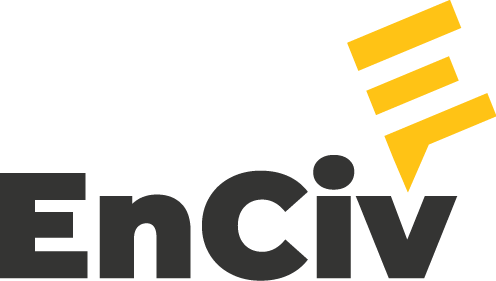Our website’s home page proclaims that EnCiv is all about “civil discussion for a better democracy.” Just what do we mean by that? How, specifically, does civil discussion improve democracy?

Let’s start out with a textbook description of how policy making works in the United States. It is a view of how the democratic process really does work; it also conforms to a number of widely shared expectations about how democracy should work. These qualities make it a useful starting point for thinking about how civil discussion might relate to the practical world of actual democratic decision making. They also reveal that the sequence or order among the various steps or stages in that process, though apparently “fixed,” are essentially open since citizens are free to consider where and how best to enter into it.
According to a typical college textbook, democratic decisions result from a chain of influence that looks something like this: public values ⇒ societal agenda ⇒ governmental agenda ⇒ policy formulation ⇒ implementation ⇒ evaluation ⇒ changes in both policy and the set of problems government faces. This last two items (changes in policy and demands on government), in turn, feed back as second-order influences on both the societal agenda and governmental agenda, and the process continues (see, for example, American Government: Politics and Citizenship, Jerold L. Waltman.).
However comprehensive this sequence may look, it’s really only a starting point. Indeed, it may well conceal more than it reveals.
Consider the following, all of which are absent from it:
- Emotions, habits, beliefs, attitudes, assumptions, norms, concepts, and concerns. (What the public cares about and how it cares about it are reduced to the cramped category of “public values.”)
- A description of how “public values” are—or might be— formulated. (“Public values,” held as the basic source of public policy, are taken as givens.)
- A description of how the “societal agenda” and the “government agenda” are formed (the accompanying text identifies only three possibilities: interest groups, policy entrepreneurs, and political parties)
- A description of how “policy alternatives,” “policy termination,” and “new problems” influence “public values.”
In short, although political scientists are increasingly challenging the notion that citizens’ largely unexamined and mostly individual “values” are—or should be—the proper and exclusive “source” of policy, that notion remains deeply entrenched, in and outside of academia. So, too, does the assumption that policy outcomes have little or no impact on “public values.”
“Civic discussion” fills in these gaps. It is a shorthand way of referring to various processes that involve citizens in policy making through the medium of discussion.
Most believers in civic discussion focus their attention on one or another stage of policy making. The broadest division is between those who think that democratic discussion’s most important contribution is to the “societal agenda” (or to what is sometimes called “preference formation”) and those who believe that democratic discussion should be used at the point of “policy formulation” (or “will formation”). However, both are valuable. For that reason, both are part of the larger EnCiv vision and mission.
*Adapted from AG/SGL, Let’s Talk Politics: Restoring Civility Through Exploratory Discussion, Appendix I

